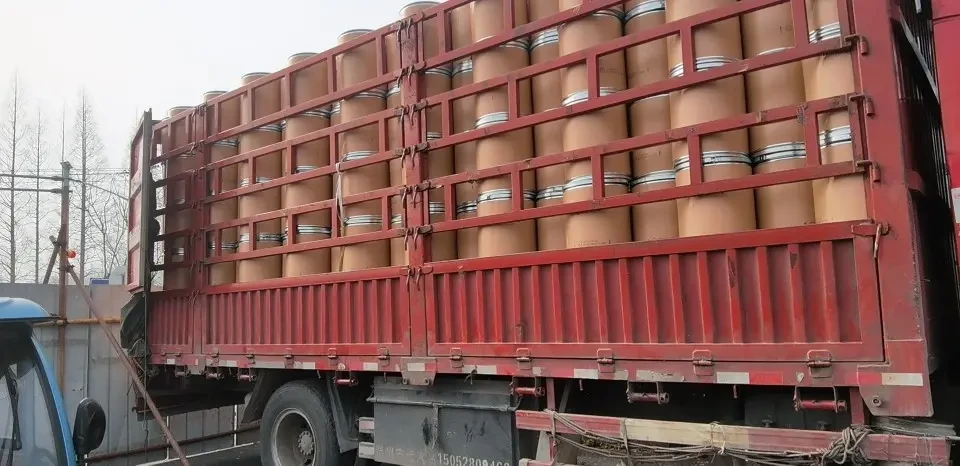Boiler Water Chemical Treatment Ensuring Efficient Operation and Longevity of Boilers
Boilers are essential components in various industrial and commercial processes, generating steam or hot water for heating, power generation, and other applications. However, the efficiency and longevity of a boiler system are significantly influenced by the quality of the water used and the treatment it receives. Boiler water chemical treatment is a critical practice designed to control and minimize the adverse effects of impurities found in feedwater.
The process begins with the understanding that water, by its nature, contains various dissolved solids, gases, and microorganisms. When water is heated in a boiler, these impurities can lead to several problems, including scaling, corrosion, and sludge formation. Scaling occurs when minerals precipitate out of the water as it is heated, forming deposits on boiler tubes and heat exchangers. This not only reduces the efficiency of heat transfer but can also lead to overheating and ultimately equipment failure.
Corrosion, on the other hand, is a more insidious problem that can compromise the structural integrity of boiler components. The presence of dissolved oxygen, carbon dioxide, and other corrosive agents can accelerate the deterioration of metal surfaces, causing leaks and system failures. Moreover, contaminants can lead to sludge accumulation, which inhibits water flow and further increases the risk of overheating and equipment damage.
To combat these issues, boiler water treatment employs various chemical additives tailored to address specific impurities and operational conditions
. Among the most common treatments are oxygen scavengers, scale inhibitors, and pH control agents.boiler water chemical treatment

Oxygen Scavengers One of the first steps in boiler water treatment is the removal of oxygen dissolved in the feedwater. Oxygen scavengers, such as sodium sulfite or hydrazine, are introduced to react with and neutralize free oxygen, thereby preventing corrosion. By effectively managing oxygen levels within the system, these agents significantly extend the life of boiler components.
Scale Inhibitors Controlling scale formation is crucial for maintaining boiler efficiency. Scale inhibitors, such as phosphates and polymers, are added to the boiler water to prevent mineral deposits from adhering to surfaces. They work by either precipitating the minerals in a form that can be removed or by altering the crystallization process to keep materials in suspension.
pH Control Agents Maintaining the proper pH level in boiler water is essential for minimizing corrosion and scale formation. Chemical treatments that adjust the pH—such as sodium hydroxide or ammonia—ensure that the water remains within an optimal range, typically between 10.5 and 11.5. This alkaline environment helps to form a protective layer on metal surfaces, further reducing the risk of corrosion.
Monitoring and Maintenance Regular monitoring of water chemistry and systematic analysis of boiler water samples are necessary components of an effective treatment program. Parameters such as conductivity, total dissolved solids, pH, and the concentrations of specific treatment chemicals should be routinely checked. This data is crucial for making informed adjustments to the treatment regimen and ensuring that the boiler operates safely and efficiently.
In conclusion, effective boiler water chemical treatment is vital for maintaining boiler efficiency, preventing costly repairs, and ensuring the longevity of equipment. By employing a combination of chemical additives and rigorous monitoring practices, industries can safeguard their boiler systems against the detrimental effects of water impurities. As the demand for energy-efficient and reliable industrial processes continues to grow, optimizing boiler operation through proper water treatment practices will remain a top priority for facility managers. Ultimately, investing in proper boiler water management not only enhances operational performance but also contributes to environmental sustainability by minimizing energy waste and resource consumption.

